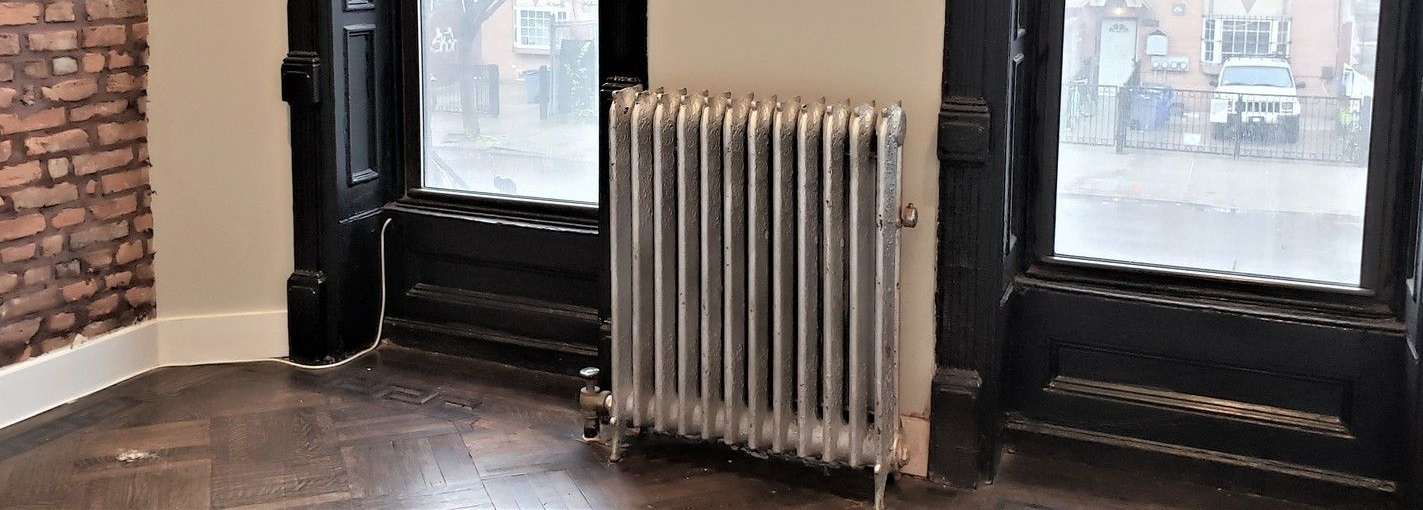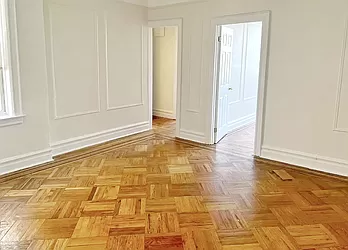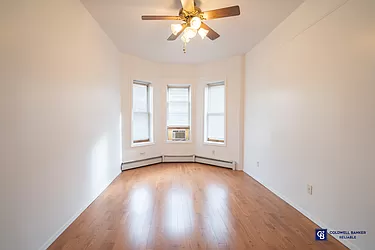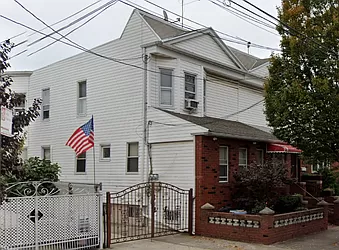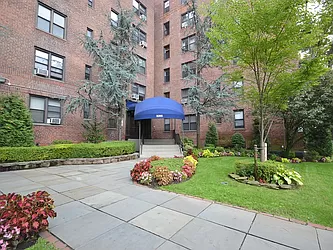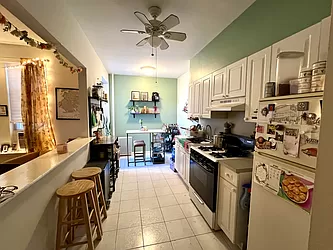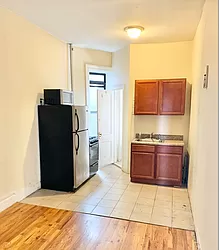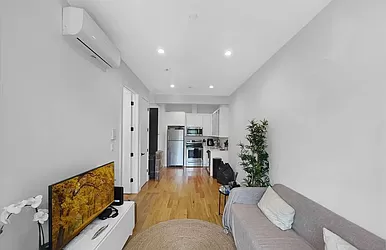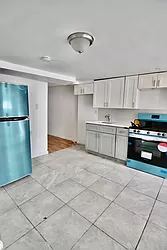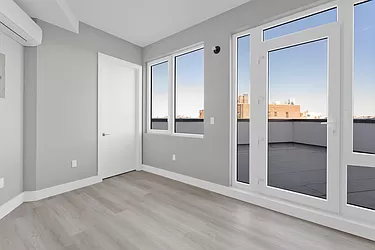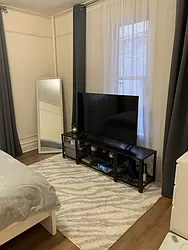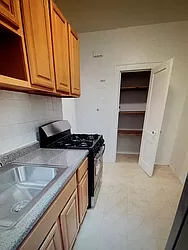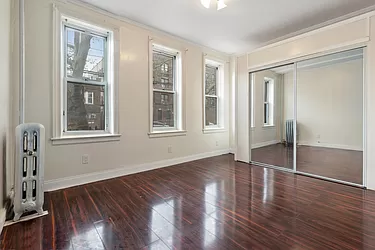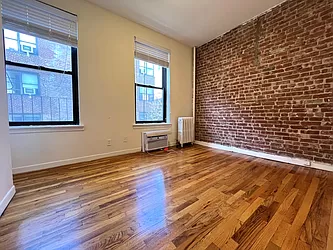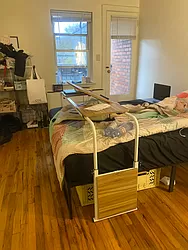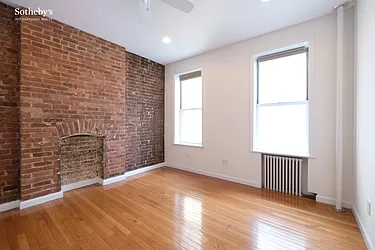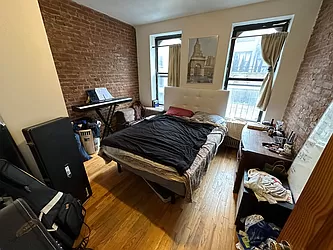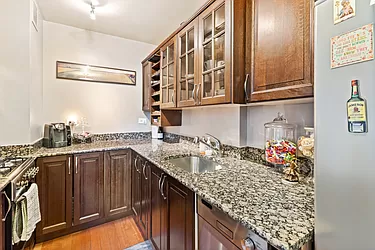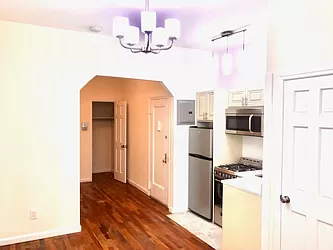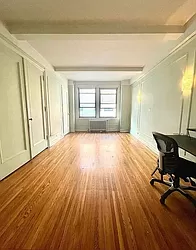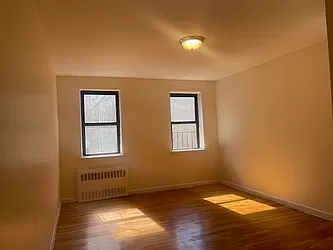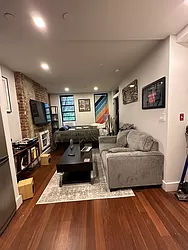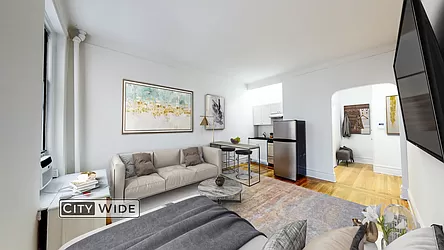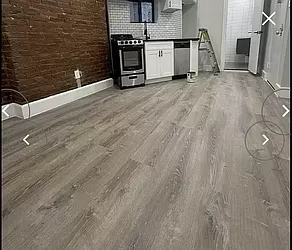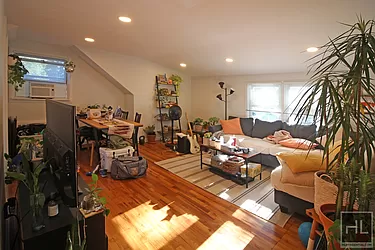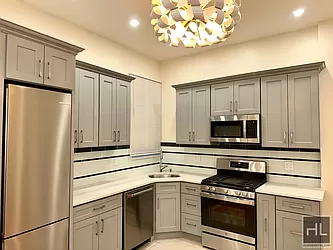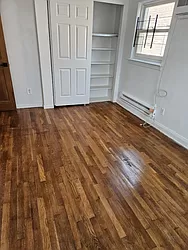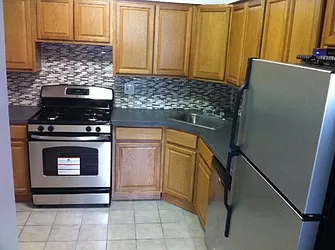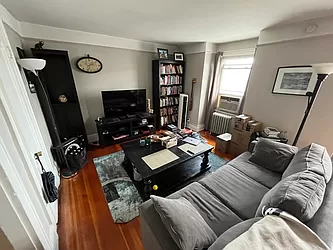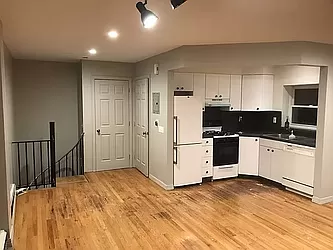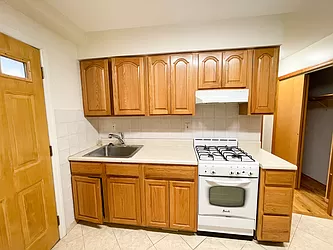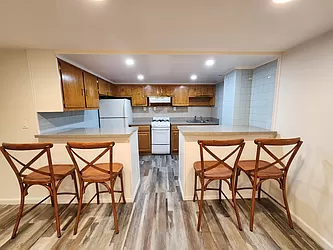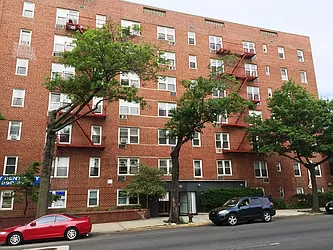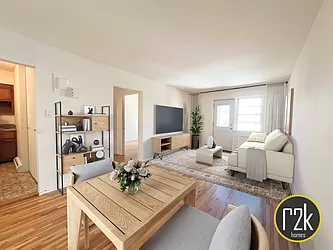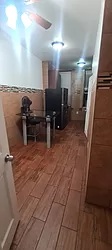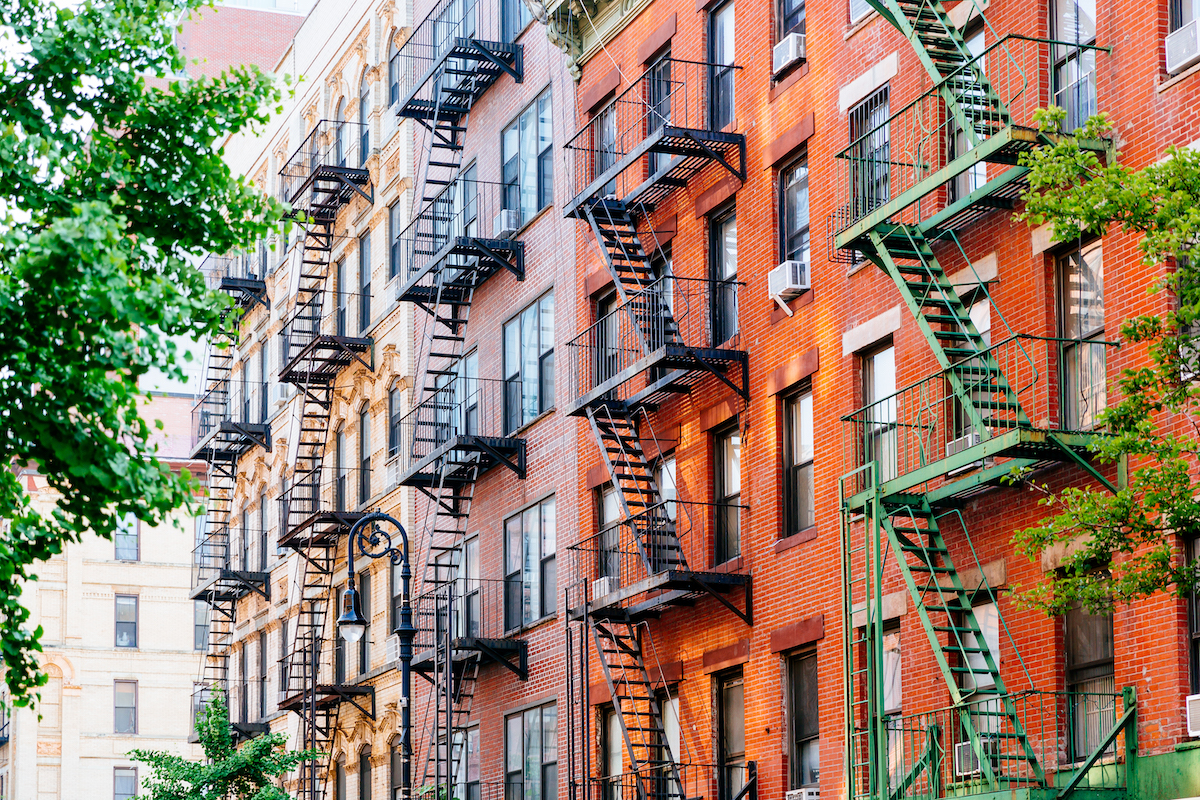Whoever wrote “Baby, It’s Cold Outside” may not have spent much time in some New York City apartments. Because baby, sometimes it’s cold inside, too! In fact, during the 2021-22 winter season, there were a whopping 131,695 heat and hot water problems reported to 311. That’s not (ahem) cool. If your own pad is less than balmy, you can do more than invest in flannel sheets and ugly holiday sweaters. You can pursue your rights as a tenant under the NYC Heat Law. Under the NYC Heat Law, your landlord must provide heat and hot water. So if you’re freezing don’t get boiling mad, take action — these tips will help.
Brooklyn Rentals Under $2,500 on StreetEasy Article continues below
When Is NYC Heat Season?
The NYC “Heat Season” is charmingly titled but a bit of an oxymoron. It runs in the more frigid times: October 1 through May 31. The NYC Heat Law states that you are entitled to have your apartment kept at a certain temperature during the heating season. That is 68 degrees during the day if it’s below 55 degrees outside. At night, it is 62 degrees, regardless of the outdoor temperature. By the way — “night” translates from 10 p.m. until 6 a.m. (Sure, this is the city that never sleeps, but those are times when most folks catch their zzz’s).
Manhattan Rentals Under $3000 on StreetEasy Article continues below
What If You Don’t Have Heat and Hot Water?
“When a home is 62 degrees inside at night, it will likely feel very cold to any reasonable mind, and one may easily feel the unit is not properly heated,” says Jamie Heiberger Harrison, partner at SDK HEIBERGER LLP. “Now, if a unit really doesn’t have heat or it’s less than allowed by law, then the tenant can vacate and claim constructive eviction and seek compensation.”
What Is Constructive Eviction?
In a nutshell, it’s when living conditions in an apartment are so intolerable the tenant is forced to vacate. However, it should not be your first course of action.
What To Consider
Justin La Mort, a housing rights attorney in Brooklyn, recommends that the first thing you should do is to contact your landlord immediately. Your lease should outline the steps you need to take to report damages and needed repairs. If it is an emergency, call the landlord to notify them of your problem ASAP and follow up with a written notification — email is fine. Make sure to keep a copy of all written correspondence for your records.
If you’re struggling with a lack of heat and hot water, you may not be the only one. If other tenants in your building are without, it can help to band together. There is always strength in numbers. After all, think of all the things unions have accomplished. Weekends off! Work breaks!
If your landlord does not fix the problem in a reasonable amount of time, contact 311 to report the violation. Ask for the Tenant Helpline to speak to a live staff member and receive more immediate support. At this point, you also have the right to sue your landlord for breaking the warranty of habitability. You can begin an HP proceeding in housing court. An HP proceeding (“HP” stands for “Housing Part”) is the process by which you can force your landlord to make necessary repairs.
For specific information about starting an HP proceeding, visit the housing court’s website. The court does have filing fees, but they can make exceptions for tenants who cannot afford them.
Queens Rentals Under $3000 on StreetEasy Article continues below
Can You Withhold Your Rent if the NYC Heat Law Isn’t Followed?
If you’ve ever so much as waited for a subway train in frigid weather, you know how irksome being cold can be. Feeling chilly in your own home is way worse, especially when your landlord isn’t complying with the NYC Heat Law.
As much as you might long to stiff your landlord on their next rent check, experts advise that you do not withhold your rent. “The ramifications of not paying rent can result in financial damages or ultimately lead to eviction,” Heiberger Harrison says. Attorney Steven Smollens advises taking your landlord to court instead. “It’s a far quicker method of obtaining justice than waiting to be sued for not paying rent.”
What You’ll Need When You Appear in Court:
- Landlord’s name and address
- Name and address of managing agent (if there is one)
- Forms from housing court completed in full
- Correspondence between you and your landlord concerning your issues
- Receipts for services if you paid to have your heat or hot water fixed yourself, if applicable
- Inspection request (if you want your rental property inspected)
Anecdotally, you may fare better in court if you wear five sweaters, two scarves, and your cutest wool hat. (Kidding!) The NYC Heat Law and proper documentation are likely all you need on your side.
